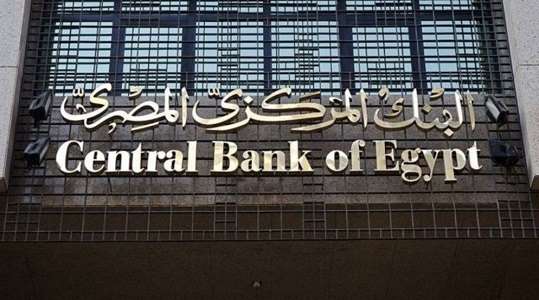The Governor of the Central Bank of Egypt, Tarek Amer, explained that "the local currency, the pound, witnessed a correction that will enhance its competitiveness and support exports," noting that the current price is in line with global and local developments. He pointed out that "the Central Bank's decisions, which included raising the main interest rate by 100 basis points, are aimed at maintaining foreign exchange liquidity and protecting state resources in light of the economic pressures resulting from the Ukrainian war crisis." He continued, "Egypt paid all its international obligations on time due to its strong foreign exchange reserves."
The governor of the Central Bank considered that "inflation in Egypt is imported from abroad, as the wave of high prices that the country is witnessing recently is a global phenomenon." He stressed that "monetary policy decisions after the outbreak of the war in Ukraine are aimed at preserving the confidence of foreign investors and international financial markets in order to facilitate Egypt's ways to meet its financing requirements."
Inflationary pressures coincide with the approaching month of Ramadan, in which consumption rates generally increase. The Egyptian pound fell about 14 percent in light of foreign investors withdrawing billions of dollars from the Egyptian treasury market following the Russian invasion of Ukraine. Emerging markets in general, including Egypt, witnessed an exodus of foreign liquidity after the US Federal Reserve's decision to raise interest rates last week.
Source (Al-Sharq Al-Awsat Newspaper, Edited)

